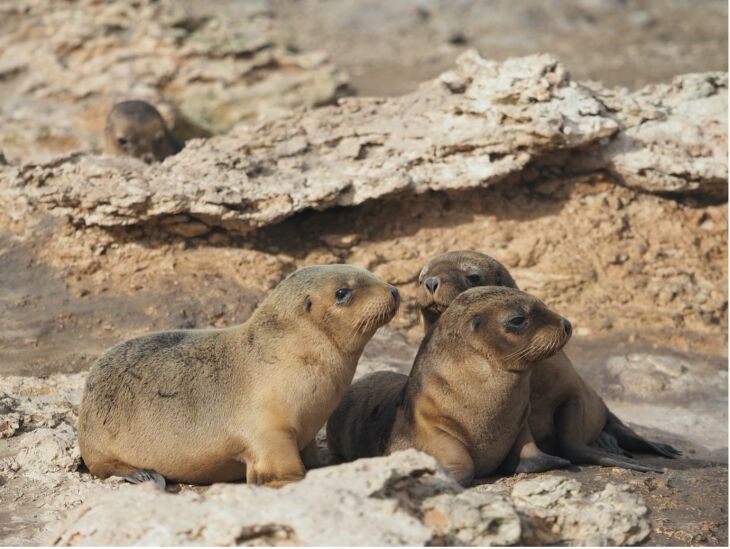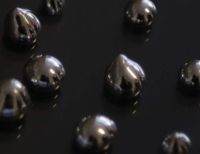Ivermectin is an effective treatment for hookworm in the endangered Australian sea lion, University of Sydney research has found.
Hookworm infection contributes to up to 40 per cent of pup deaths. In December last year, the species was reclassified as ‘endangered’ due to a 64 percent reduction in offspring over three generations. With fewer than 10,000 of these Australian-native animals remaining, making them a federal government conservation priority, the results are welcome news.
While ivermectin recently gained notoriety as an unproven prophylactic and therapy for COVID-19 (coronavirus), it has long been used in both human and veterinary medicine as a highly effective treatment for parasitic infections.
In the Australian sea lion, topical ivermectin has now been shown to be highly effective against hookworm infection, with an effectiveness rate of 96.4 percent – comparable to the injected formulation (96.8 percent).
All Australian sea lion pups become infected with hookworm through ingesting larvae in their mother’s milk within 48 hours of birth.
Researchers believe the demonstrated effectiveness of this minimally invasive and easily applied treatment option for hookworm is the next step in a disease management strategy to assist the conservation of this endangered species. The findings have been published in the International Journal for Parasitology: Parasites and Wildlife.

















